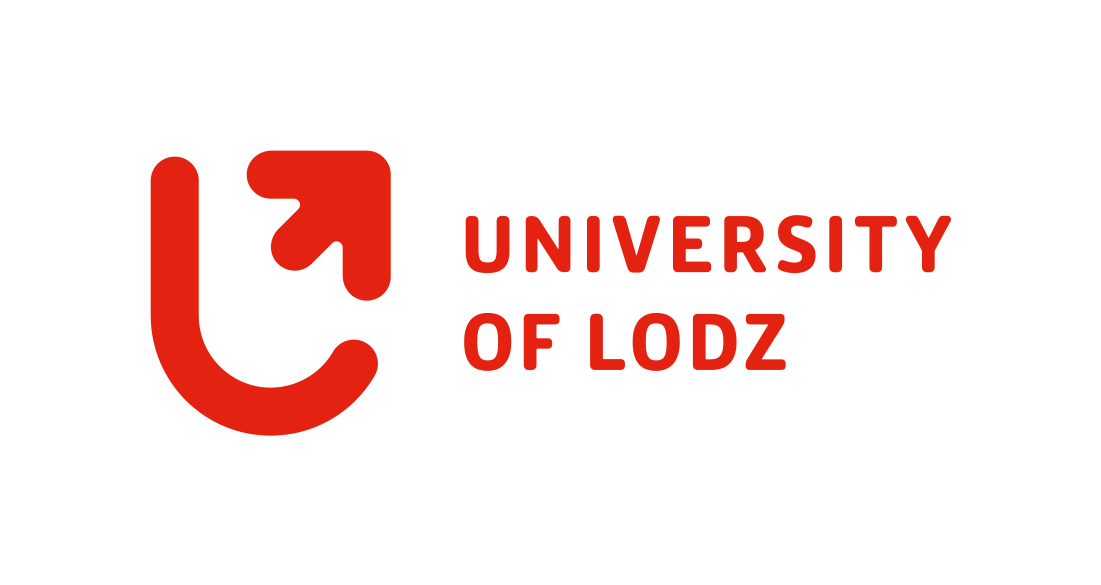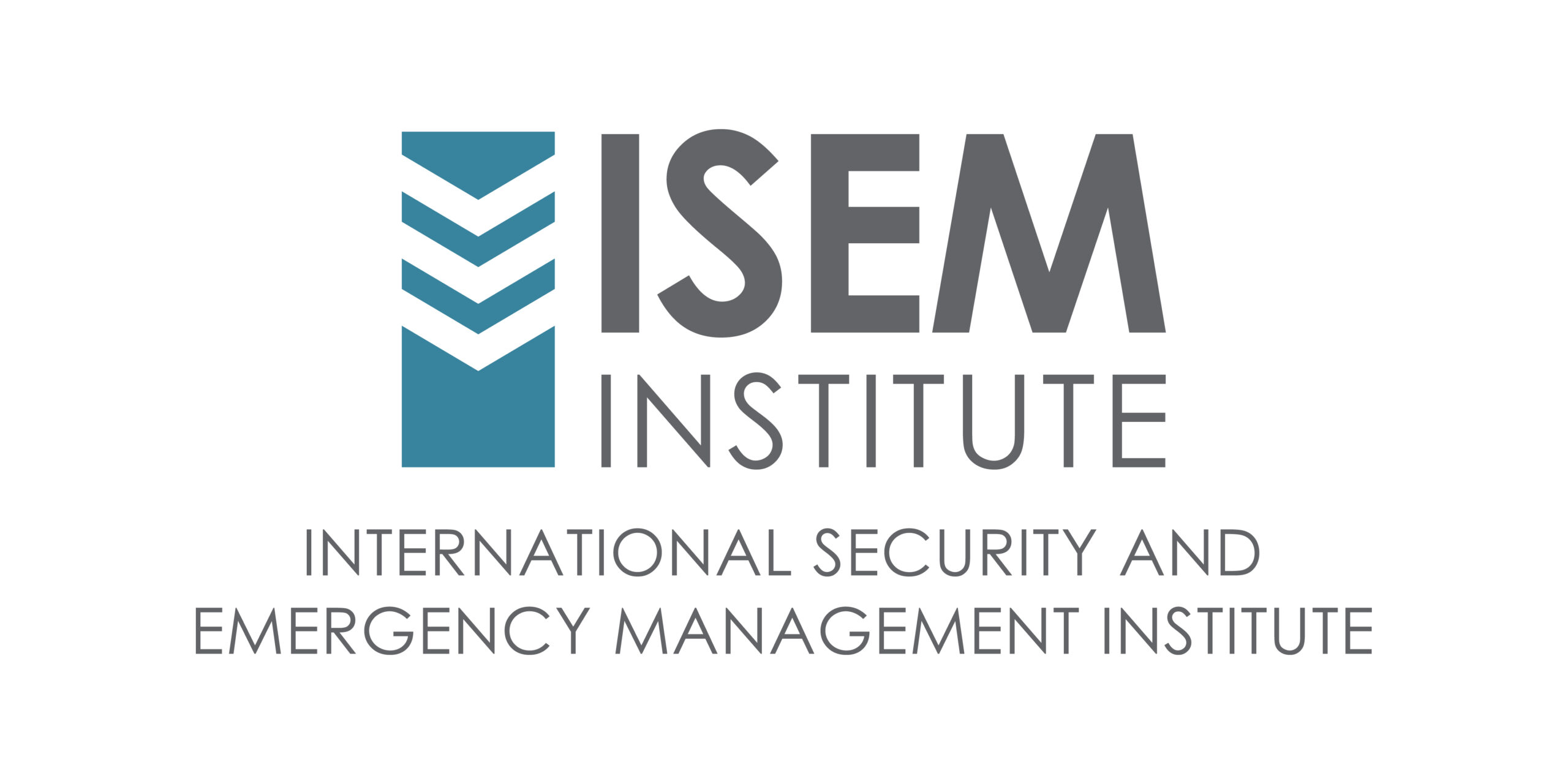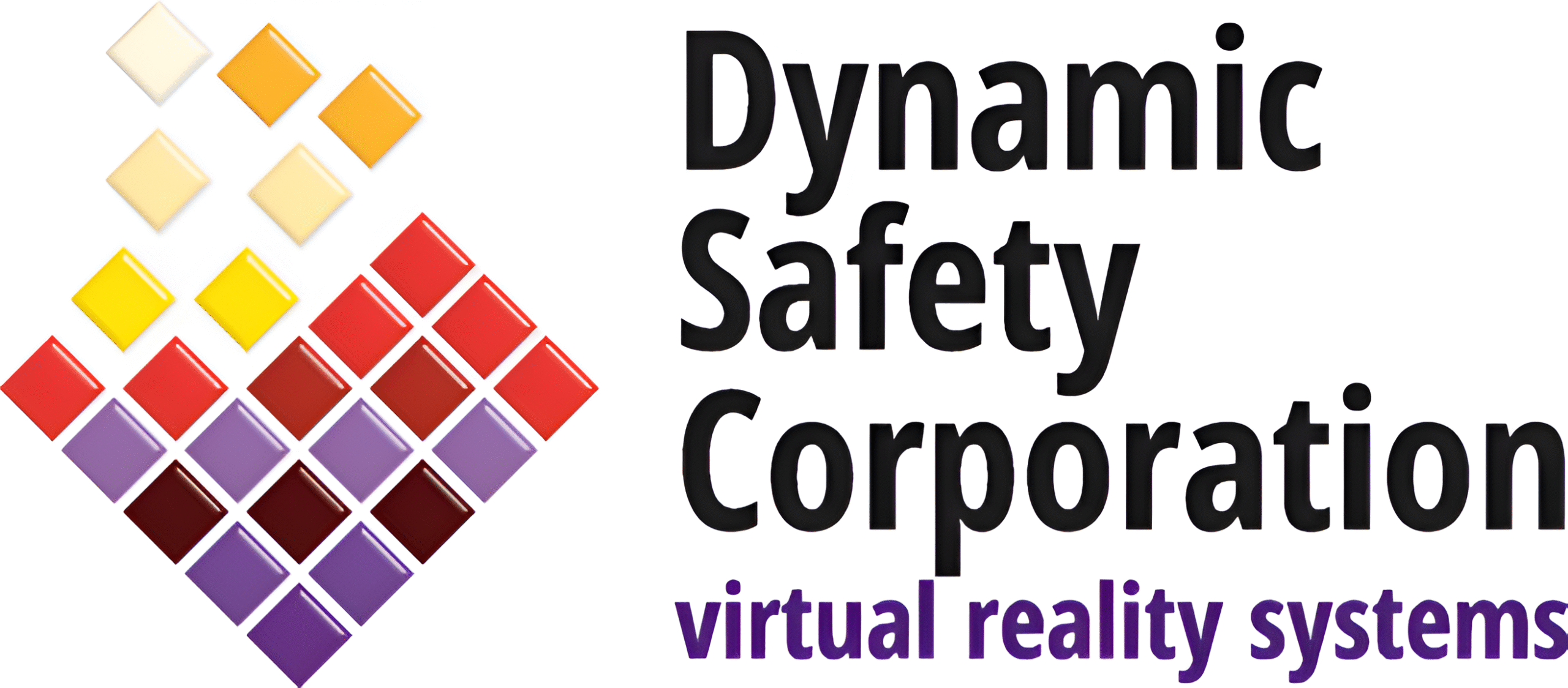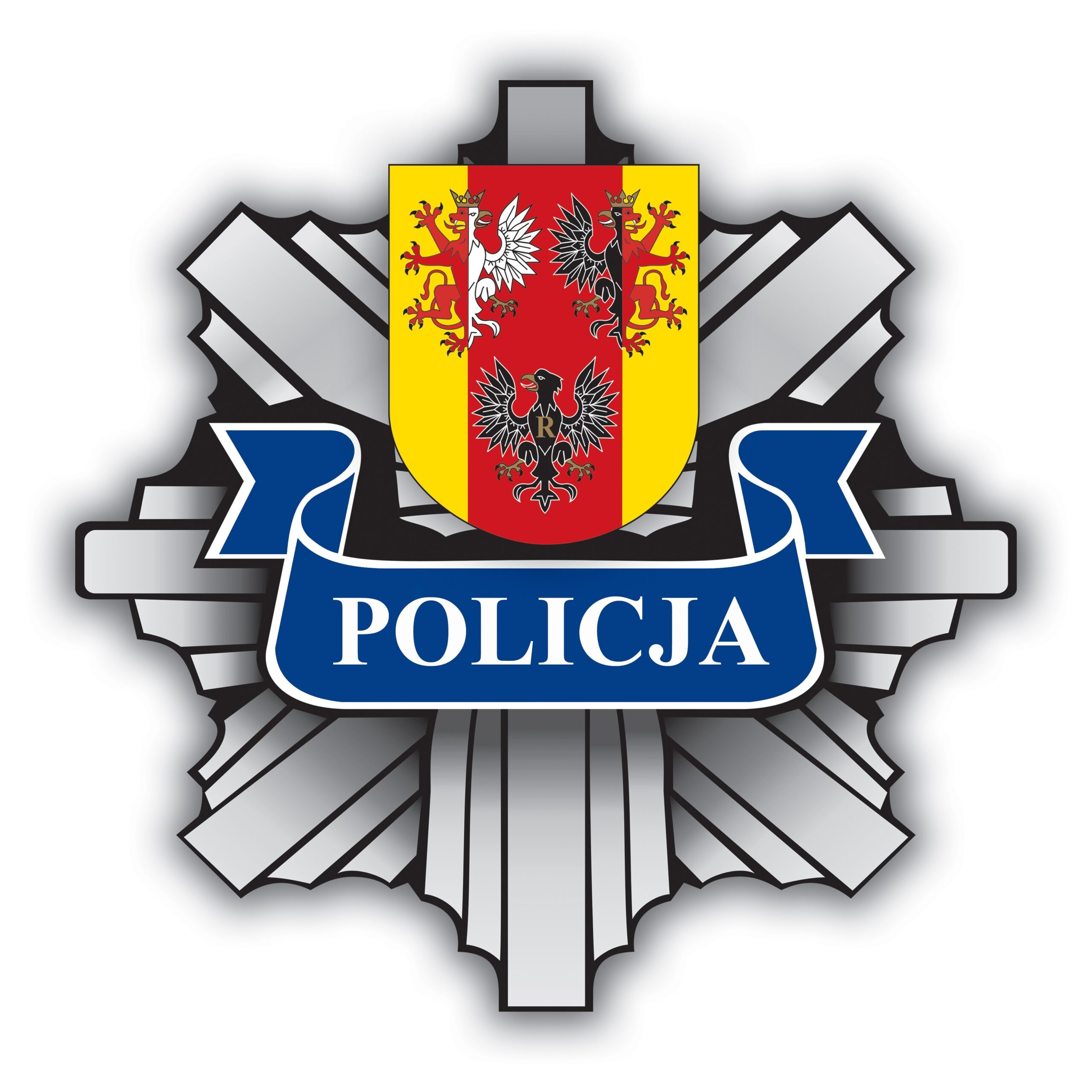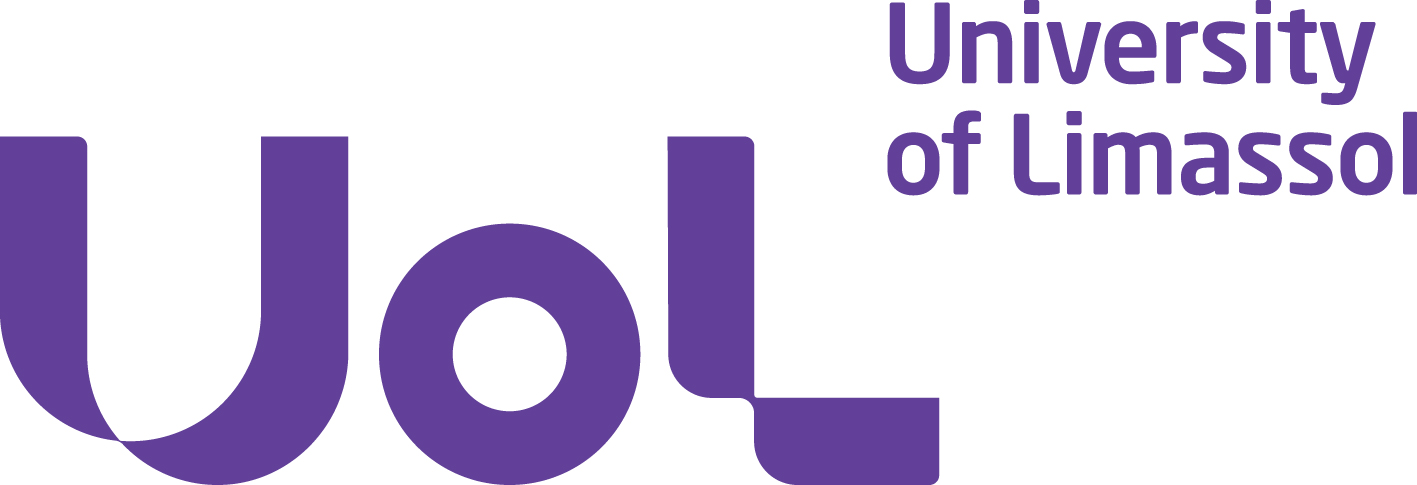UNICOPS
Acronym
21
Partners
ISF-2024-TF2-AG-PROTECT
Call
6
Deliverables
About Us
Universal CBRNE protection system supporting the safety and open nature of higher education institutions
Higher Education Institutions (HEI) are interested in stimulating students’ creativity with freedom of movement, easy access to laboratories, libraries and shared work and leisure spaces. Meanwhile, terrorist threats at universities exist as exemplified by the last year Prague University attack. In addition, there are all sorts of chemical reagents, biological or radioactive materials or high-energy substances (CBRNE) present, which provides a lure for terrorists especially given by the freedom of movement and reluctance to set up restrictive security systems. The UNICOPS project aims to enhance the security of students and staff member at universities in EU MS.
Planned activities include:
- analyses of existing national regulations as well as internal procedures
- hands-on observation of current security system during a series of study visits (12 in 9 EU MS)
- creation of procedures, recommendations to improve existing security systems especially directed at CBRNE threats
- development of the training programme consisting of mixture of traditional (handbook, leaflets etc.) and more attractive especially for young people like interactive game (THOR) containing scenarios of different CBRN events
- equipping wide range of specialists from different groups (e.g.: students, administrative staff, laboratory staff) with relevant CBRNE knowledge
- verification of effectiveness of proposed solutions under near real-world conditions through large scale exercises (4) to validate both the recommendations and developed procedures.
The developed training programme will be available and ready to be implemented by all interested EU universities.
The broad composition of the consortium, (9 universities from 6 EU MS), gives a direct access to more 260 000 people (including UNIC members). Planned scientific activities (articles, conferences), together with developed ready-to-be-implemented tools will increase the security of EU MS students and staff by improving their resilience and response to CBRNE acts.
Key Deliverables
The project plans to deliver various measures tailored to the needs of target audiences. The crucial outcomes covers:
Objectives
UNICOPS aim is to enhance the protection against CBRNE (Chemical, Biological, Radiological/Nuclear and Explosives) threats in public spaces – Universities and Higher education Centres. The model of this project is based on public-private cooperation between different groups of institutions – Research and Expertise, Technology partners, law enforcement/security services and end-users.
UNICOPS primary goal is to elevate the safety of EU Member State societies, particularly those engaged in the higher education sector.
The general objective is to create a multidisciplinary team of experienced specialists representing various fields of expertise who may share their experience and transmit professional knowledge of dealing with CBRNE risks in relation to specify and open nature of higher education institutions.
Target groups
01
Higher education institutions/Academic Community which cooperate with project partners.
02
National associations of the Universities like Conference of Rectors, Association and Network of Universities
03
Non-profit organisation like EDUCAUSE.
04
Security services on different levels – local as well as international companies.
05
Law enforcement agencies from EU MS and the Police Associations.
06
Relevant EU bodies, such as the CBRN Advisory Group managed by DG Home Affairs, DG RTD, EC Working Group on Higher Education, DG Health, EUROPOL, CEPOL.
07
Governmental institution and policy makers – Local governmental departments, Ministries of Higher Education and Sciences, Ministries of Internal Affairs.
Partners







